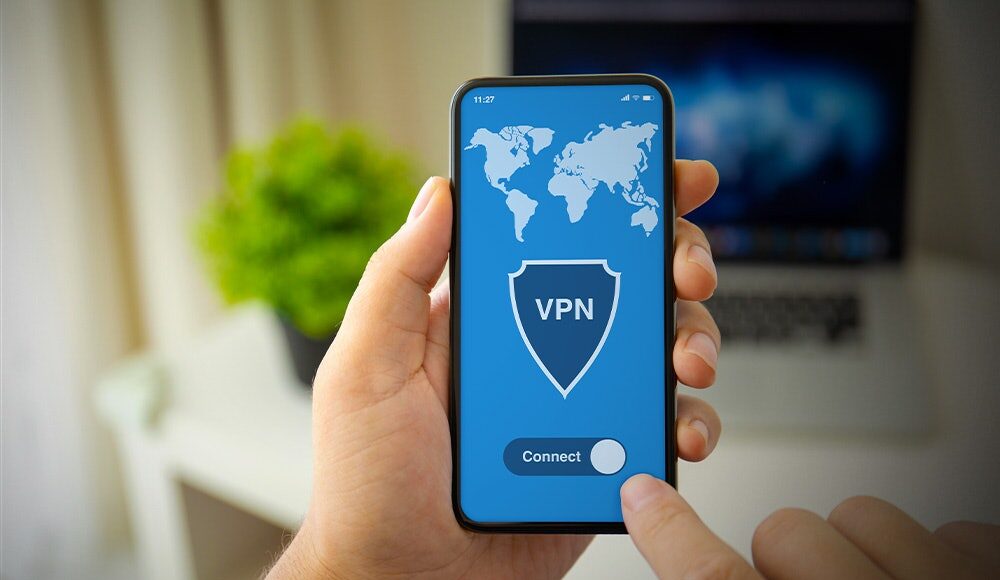Protecting your corporate network is more critical than ever in today’s digital age when businesses rely largely on technology and the internet. Data breaches and cyber assaults are becoming more common, putting sensitive information at risk. One effective technique to secure your company network is to use a Virtual Private Network (VPN). In this blog post, we’ll go through the importance of a VPN for your business, underlining its security, privacy, and peace of mind benefits.
Security of Sensitive Data
Data security is a top responsibility for businesses of all sizes. Your data must be secure whether it’s confidential client information, private research, or internal conversations. A VPN encrypts data exchanged between devices and creates a secure channel to prevent unwanted access. This encryption makes it extremely difficult for hackers and eavesdroppers to intercept and decipher the information. By using a VPN, your firm can secure essential data from potential breaches, ensuring the integrity and security of your data.
Remote Control Security
The modern workplace has transformed, with remote employment becoming more common. While remote work allows for greater flexibility and productivity, it poses new security risks. Employees who access firm resources from several places and networks may present risks. Remote employees can securely connect to the company’s network and access critical data and resources via a VPN. It establishes a secure and encrypted connection, shielding distant employees from cyber risks. Your company may embrace remote work while maintaining high security by adopting a VPN.
Countering Man-in-the-Middle Attacks
Man-in-the-Middle (MitM) attacks occur when an attacker intercepts two parties’ communication to obtain access to sensitive information or alter the content being conveyed. This type of attack may be terrible for businesses, resulting in financial loss, reputational damage, and a loss of consumer trust. A VPN adds another layer of protection against MitM attacks. By encrypting data and establishing a secure connection, a VPN ensures that communication remains private and free of unlawful interception or alteration.
Getting Around Network Restrictions
Many businesses operate in global markets, where they are constrained by network limitations imposed by various governments or organizations. As a result of these restrictions, access to specific websites, apps, or online services may be restricted. A VPN allows organizations to sidestep these constraints by delivering a new IP address from a location where the relevant material is available. Employees can use a VPN to connect to the internet as if in a different location, allowing them to do market research, analyze competition, and collaborate with international partners.
Improving Your Anonymity and Privacy
Privacy has developed as a major concern for both businesses and individuals. Users’ privacy is jeopardized when ISPs, advertisers, and other organizations follow and monitor their online conduct. A VPN can help businesses secure their internet privacy and anonymity. A VPN masks a device’s IP address, making it hard for others to track its online behavior. This is especially critical while connecting to public Wi-Fi networks, which are routinely attacked. A VPN may help your firm keep crucial data and online interactions secret and secure.
Conclusion
It is vital to safeguard your strong network to protect sensitive data, maintain consumer trust, and avoid cyber assaults. Implementing a VPN gives a comprehensive solution to these challenges. By encrypting data transmissions, providing secure remote access, and overcoming network limits, a VPN increases the security and privacy of your enterprise network. Using a VPN secures your valuable assets and provides you with peace of mind, knowing that your organization is protected from cyber threats. Invest in a VPN service today to safeguard your company’s digital infrastructure in the future.


























